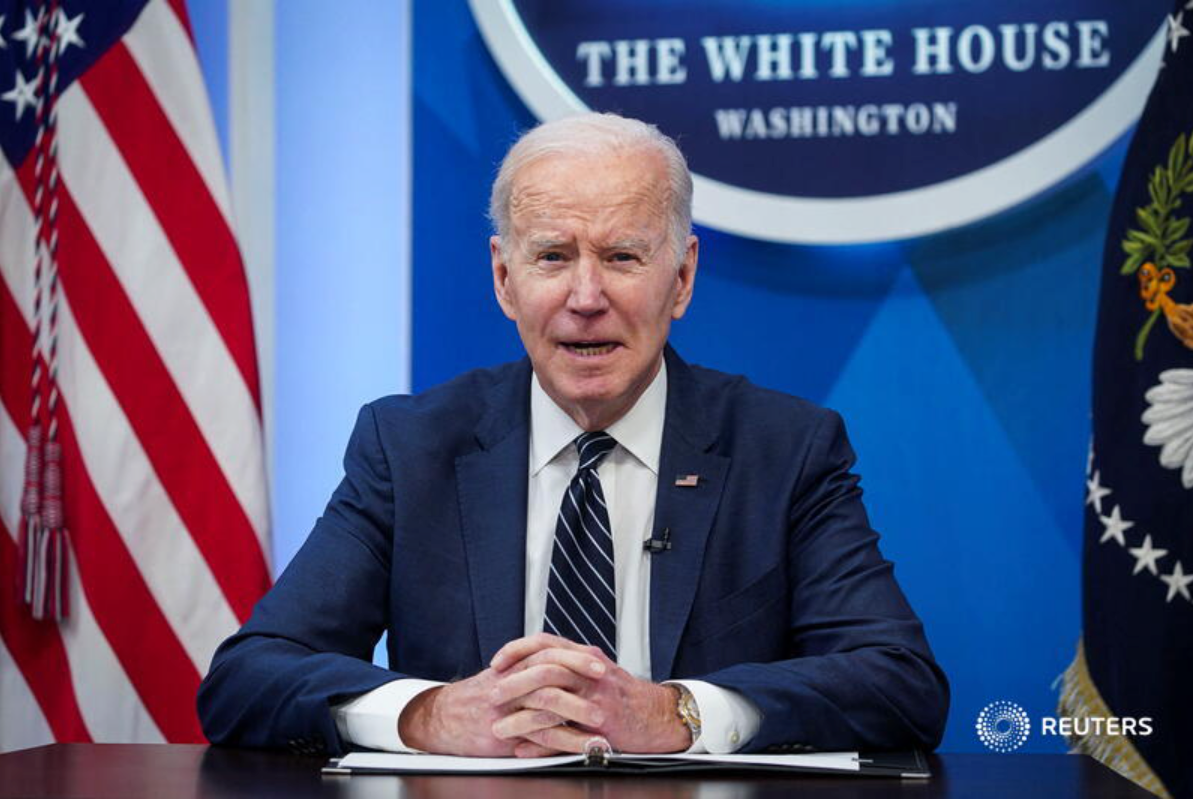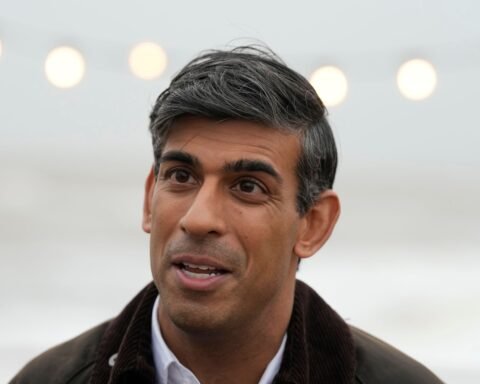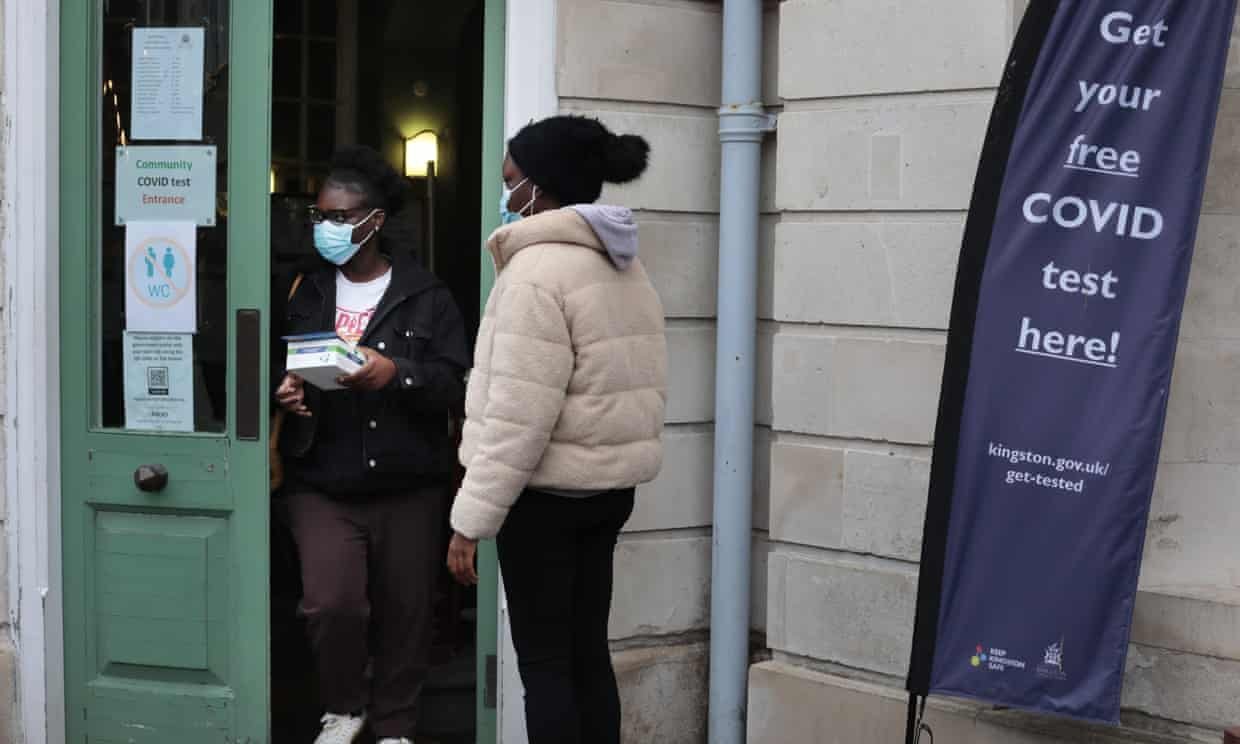Islamist terrorism is a “generational problem” that will remain a threat for another 20 or 30 years, according to a former head of MI5.
Jonathan Evans said the Westminster terror attack in March may have had an energising effect on extremists.
He told the BBC’s Today programme: “We’re at least 20 years into this, my guess is that we will still be dealing with the long tail in another 20 years time – I think this is genuinely a generational problem.”I think that we are going to be facing 20 or 30 years of terrorist threats and therefore we need absolutely critically to persevere.”
Lord Evans, who retired from the Security Service in 2013, said the 7/7 bombings in July 2005 triggered an “energising effect on the extremist networks in the UK”, and thought there would be a similar feeling in the wake of the Westminster atrocity.
“We did see a huge upsurge in threat intelligence after 7 July and I suspect that there’s the same sort of feeling in the period after the Westminster Bridge attack – that a lot of people who thought ‘I’d like to do this’ suddenly decided ‘yep, if they can do it, then I can do it’,” he said.
Since Khalid Masood’s rampage, there have been attacks in Manchester, London Bridge and Finsbury Park.
“I don’t think we are losing the race; I think that it is a race and we have to keep moving forward rapidly unless we are going to slip back,” he said.
“There will be some capabilities that do get eroded and I think the widespread use of encryption has reduced the ability of the agencies and the police to access the content of materials.”
In the wake of the attacks there have been calls for a weakening of the encryption on messaging platforms, but Lord Evans said he did not think this was the answer because “there is a parallel issue which is cyber security more broadly”.
“I think the way in which cyberspace is being used by criminals and by governments is a potential threat to the UK’s interests more widely and it’s very important that we should be seen and be a country in which people can operate securely – I think that’s very important for our commercial interests as well as for our national security interests.”
Lord Evans said he was “rather surprised” that terrorists had not used a dirty bomb to attack the UK as “it seems such a clear opportunity”.







